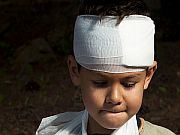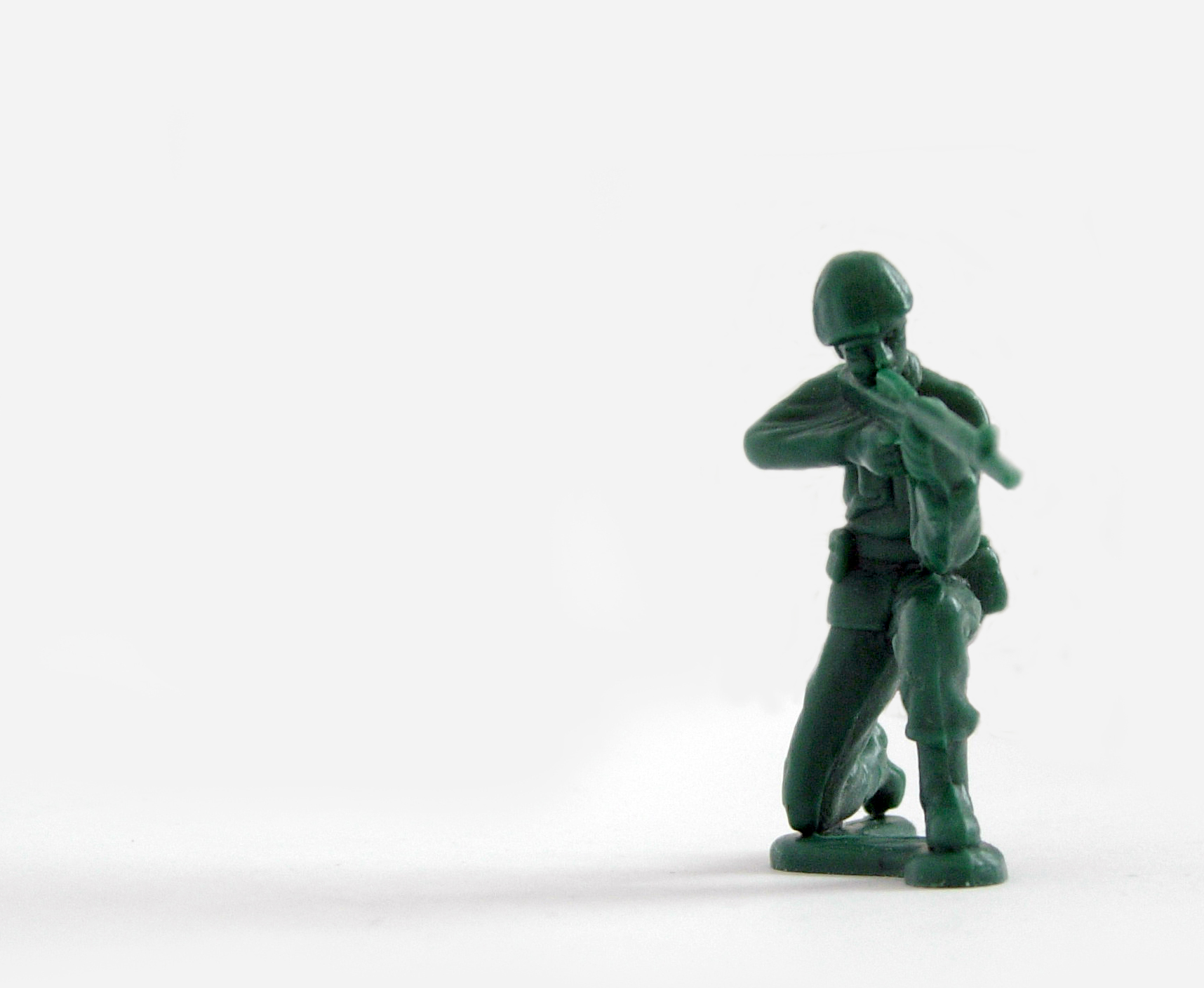
FRIDAY, July 17, 2015 (HealthDay News) — At least 650 children sustained severe head injuries during the wars in Iraq and Afghanistan, according to a new study.
About one-quarter of those children died from their head injuries, the research revealed.
Using the Joint Theater Trauma Registry, researchers identified children with severe head injuries who were treated at U.S. combat support hospitals in Iraq or Afghanistan between 2004 and 2012.
Of these children, the researchers focused on 647 with severe, isolated head injuries. These injuries were sustained during Operation Iraqi Freedom or Operation Enduring Freedom in Afghanistan.
The youngsters’ median age was 8 years, meaning half were older, half were younger. Roughly 75 percent of the children were boys, the study found.
“Boys … tend to congregate around soldiers, are combatants themselves, or are more likely to be involved in accidental trauma,” the researchers wrote. The study team was led by Dr. Paul Klimo Jr. of Semmes-Murphy Neurologic & Spine Institute in Memphis, Tenn.
More than 90 percent of the children had open or penetrating head injuries, the study found. Most often, their injuries were the result of an improvised explosive device, or IED. These devices caused head injuries in 38 percent of the kids. Meanwhile, 25 percent of the wounded suffered blast injuries, the study said.
The findings were published in the July issue of Neurosurgery.
Slightly more than 50 percent of the children had surgery. Roughly one-third were outfitted with devices to monitor pressure build-up inside their skull.
The severity of the children’s injuries often predicted their outcome, the study found.
“Given the challenging environment and limited available resources, coalition forces were able to provide quality, timely and life-saving care to many children” with severe head injuries, the study’s authors wrote.
The children admitted to the military hospital for head trauma didn’t stay long. Injured civilians are moved out of military hospitals and into a local facility as soon as possible to conserve resources for wounded soldiers.
“Children have and will always be unfortunate victims of any military conflict,” and Afghanistan and Iraq were no exception, the study’s authors wrote.
The authors hope their findings will shed light on devastating combat-related head injuries among children. They also suggested that adequate personnel and resources to care for these inevitable injuries be considered early on as part of logistical planning for future conflicts.
More information
The Brain Injury Association of America provides more information on brain injuries in children.
Copyright © 2026 HealthDay. All rights reserved.

